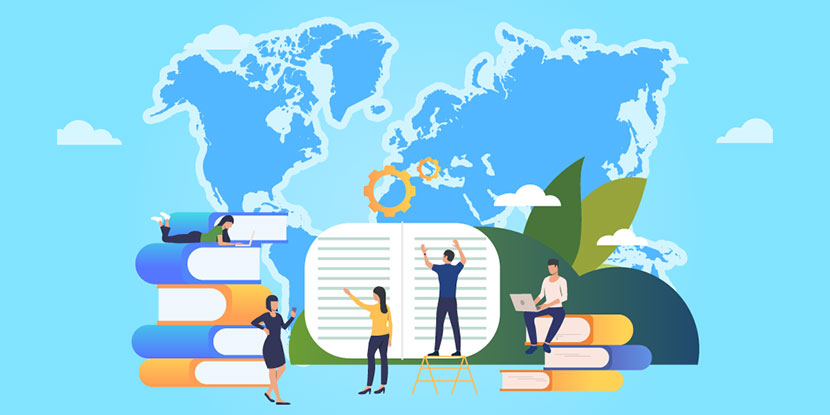The education system is the combined name of all the formal educations delivered whether it is for-profit or non-profit, public or private, onsite or virtual instruction. This system sets the curriculum, regulates, and incorporates the administration, finance, and management. For instance; government ministries, central testing, board textbooks, and also rules and regulations are guided to each individual institution which is part of the education system.
Knowledge is enlightenment and education is the key to develop the man’s character. Basic education is, therefore, every person’s basic human right. It is the only way to make a person aware of manners and proper ways to live life. The educational institutions are therefore established with qualified teachers, in proper institution infrastructure, and most importantly in a sustainable system for people to seek education.
Unfortunately, the education system in Pakistan is mismanaged and unequally distributed across the country which makes the whole purpose of the institutions counterproductive and they are just in place as a lucrative business model.
The foremost reason for the destructive education system in Pakistan is inequality. There have been divided into three main categories of education i.e. English medium, Urdu medium, and Madrassas (religious schools).
English is the international language that is highly prioritized and so the English medium students are given importance over Urdu medium students. Urdu medium graduates are still incorporated in different jobs. The madrasas graduates are the least mainstreamed and they remain out of government and private jobs.
Another division is the Private and Public educational institutions. There is a great difference between these two categories. Their fee, uniform, teaching style, staff, and infrastructure is very different. These days, Private schools are especially prioritized. The good thing is, Government colleges and universities are still having importance and there is no discrimination there.
Moreover, the illicitly high fee is another major issue in the system of education. Private institutions charge exorbitantly high fees. They even charge fees when the school is off after the final exams fro three months.
Untrained and less qualified teachers is another major issue. Interestingly the issue is more common in private institutions who, ironically, are known for their high fees and better-established buildings. Fortunately, the government of Pakistan has recently announced the compulsions on every institution to hire highly qualified teachers with at least B.Ed. and M.Ed. degree for higher secondary schools, without which, no one will be allowed to teach in government sector schools and colleges.
The badly affected regions from lack of educational institutions are rural areas. Although more than half of the population belongs to the rural areas, still people living in rural areas are compelled to seek sub-standard education where low qualified teachers teach. Many are ghost schools that are only present in government records and even teachers are hired, still, the schools are missing in reality.
In this current age of so many advancements, the world has understood the importance of education for everyone, still, Pakistan is suffering from the lowest literacy rate in the whole South Asia. Now is the need to implement a national education emergency with the vision that in the next 5 or 10 years every person will have access to a school and no one will be left out. Education is the lifeline of any region and an absolute necessity for a country’s progress.
Image source link

















